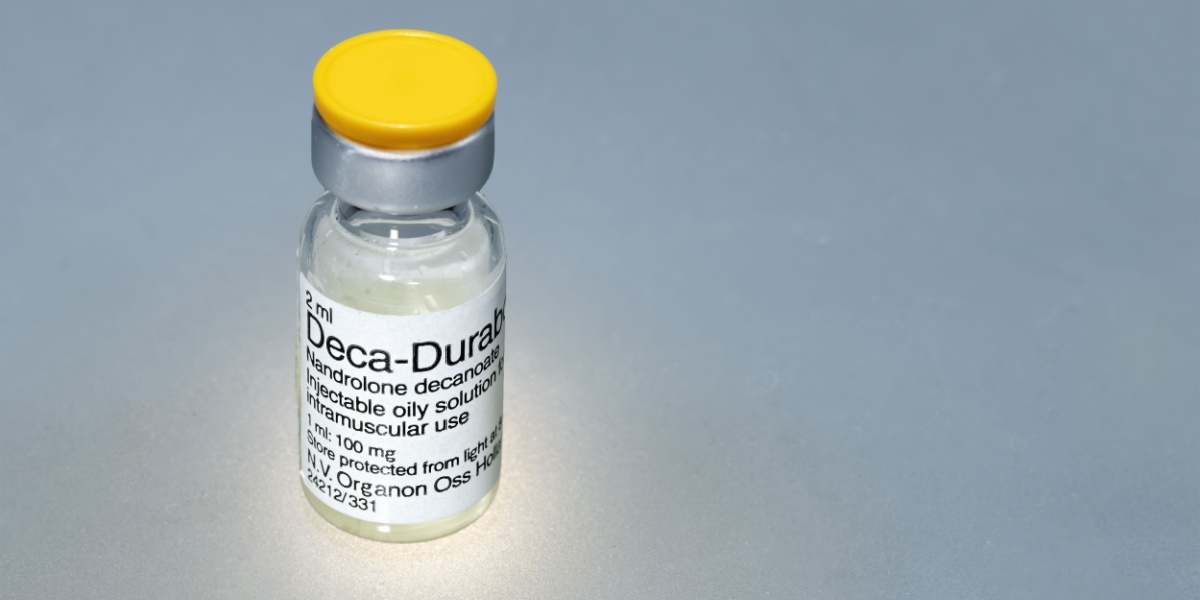Recent research has uncovered a concerning link between regular alcohol consumption and its impact on brain health. A new study suggests that consuming more than eight alcoholic drinks per week can significantly increase the risk of brain damage. This revelation has prompted renewed public health discussions about what is considered “moderate” drinking and how it affects long-term cognitive functions.
The study’s findings challenge previously accepted notions of safe alcohol consumption, especially among adults who believe light-to-moderate drinking is harmless. With brain health playing a crucial role in quality of life and longevity, understanding the consequences of frequent drinking is essential. As science continues to evolve, so too should public awareness of the neurological risks tied to lifestyle choices—including alcohol intake.
Alcohol’s Effect on Brain Structure and Function
Alcohol is a neurotoxin that directly interacts with brain cells. Over time, even moderate levels of alcohol can shrink brain volume, particularly in areas responsible for memory, decision-making, and coordination. Studies using MRI scans have shown clear patterns of reduced gray matter and white matter integrity in regular drinkers. These structural changes are linked to slower cognitive processing and reduced mental flexibility.
Repeated exposure to alcohol disrupts the balance of neurotransmitters in the brain, which can impair mood and increase the risk of depression and anxiety. While the occasional drink might not cause lasting harm, consistent overconsumption—eight or more drinks weekly—can have a cumulative and detrimental impact on mental performance and resilience.
What the Study Revealed About Brain Damage Risk
The landmark study, published in a reputable medical journal, analyzed brain scans from thousands of individuals across various age groups. Researchers found that people who consumed eight or more alcoholic beverages per week had significantly more brain damage markers than those who drank less or not at all. This included measurable reductions in brain volume and density.
The study controlled for factors like age, genetics, smoking, and education, suggesting a direct relationship between alcohol intake and brain deterioration. Notably, even drinking within what was once considered the “safe” threshold posed measurable risks, highlighting the need to revisit public health guidelines and education about alcohol consumption.
How Moderate Drinking Can Still Harm Cognitive Health
The term “moderate drinking” has long been associated with acceptable or even beneficial behavior in social and cultural contexts. However, new research is redefining what is truly moderate. The brain is especially vulnerable to toxins, and alcohol—even in smaller amounts—can initiate changes that accumulate over time.
Read More : Want to Avoid Running Injuries? This Study Points to Fiber, Fat, and More Calories
Cognitive decline from alcohol can appear subtly, with early signs including forgetfulness, decreased concentration, and slower problem-solving abilities. As these effects worsen, they can contribute to conditions like alcohol-related dementia or increase the risk of neurodegenerative diseases like Alzheimer’s. No amount of alcohol is entirely risk-free for brain health, particularly when consumed regularly over many years.
Understanding Brain Plasticity and Alcohol’s Interference
Brain plasticity refers to the brain’s ability to reorganize and adapt by forming new connections. This function is essential for learning, memory retention, and recovery from injury. Alcohol interferes with this adaptive mechanism by disrupting synaptic signaling and impairing the regeneration of neurons.
When alcohol is consumed frequently, the brain’s plasticity is diminished. This means that not only are new skills harder to learn, but recovery from damage becomes increasingly difficult. The impairment of this critical function may explain why long-term drinkers are more prone to cognitive deficits and why the effects of alcohol on the brain are so long-lasting.
Long-Term Implications for Middle-Aged and Older Adults
Middle-aged and older adults are particularly vulnerable to the cognitive impacts of regular drinking. As the brain naturally ages, it becomes more susceptible to shrinkage and damage, which alcohol can accelerate. Studies have shown that brain volume begins to decline naturally around age 40—but alcohol can speed up this process significantly.
This makes even so-called moderate drinking more dangerous with age. Older adults who consume more than eight drinks per week are at heightened risk for memory loss, confusion, and diminished executive function. The compounding effect of aging and alcohol-related brain shrinkage means lifestyle choices become more critical with each passing year.
Alcohol’s Impact on Emotional Regulation and Mental Health
Beyond physical brain damage, alcohol also disrupts emotional processing and mental health. It affects the limbic system, which governs emotions and behavior. Long-term alcohol use has been linked to mood disorders, including depression and anxiety, as well as increased aggression and impulsivity.
For people already prone to mental health challenges, regular alcohol intake can worsen symptoms and reduce the effectiveness of treatment. Alcohol impairs the brain’s ability to regulate stress hormones, making emotional balance more difficult to achieve. This highlights another layer of risk associated with consistent, habitual drinking—especially when it exceeds recommended limits.
The Role of Genetics in Alcohol-Related Brain Risks
Genetic factors can influence how alcohol affects the brain. Certain individuals may have a genetic predisposition that makes them more susceptible to alcohol-induced brain damage. These genes can affect how alcohol is metabolized, how neurons respond to its presence, and the body’s ability to repair alcohol-related cellular damage.
For example, people with a family history of alcoholism or mental illness may face heightened risks, even with relatively low levels of alcohol intake. Recognizing these predispositions is important for understanding individual vulnerability and taking proactive measures to protect long-term brain health.
Recommendations from Health Experts and Research Bodies
Leading health organizations are beginning to reevaluate guidelines based on emerging data. The World Health Organization (WHO) and various neuroscience institutes now advocate for lower limits on alcohol consumption—or abstinence—especially for those concerned about brain health.
Some experts recommend a maximum of four to six drinks per week as a safer limit, while others urge people to consider non-alcoholic alternatives. Public education campaigns are increasingly focused on dispelling myths about moderate drinking and promoting brain-protective habits. These include proper sleep, physical activity, cognitive training, and—most importantly—limiting or avoiding alcohol altogether.
Strategies to Protect Brain Health While Socializing
Alcohol is often central to social activities, making it difficult to reduce consumption without feeling excluded. However, there are brain-friendly alternatives that can preserve social engagement while minimizing harm. Mocktails, non-alcoholic beers, and alcohol-free wines have gained popularity as viable options.
Setting drinking boundaries ahead of time, practicing mindful consumption, and finding new hobbies that don’t center on alcohol can help maintain a healthy balance. Encouraging friends and family to support your choices or join in alcohol-free socializing can also make a big difference in reducing long-term brain health risks.
Frequently Asked Questions
Can occasional drinking still damage the brain?
Yes, even occasional heavy drinking episodes can lead to brain changes, especially if repeated over time.
What brain areas are most affected by alcohol?
The prefrontal cortex (decision-making), hippocampus (memory), and cerebellum (coordination) are particularly vulnerable.
How much alcohol is considered too much?
The study flags eight or more drinks per week as a threshold for increased brain damage risk.
Does quitting alcohol reverse brain damage?
Some brain recovery is possible after quitting, especially in younger adults, but long-term damage may be irreversible.
Are some people more at risk than others?
Yes, genetics, age, gender, and mental health history can all influence susceptibility to alcohol-related brain damage.
Is wine safer than other types of alcohol?
Not necessarily—it’s the alcohol content and volume that matter most, regardless of type.
Do brain supplements protect against alcohol damage?
Supplements may support general brain health but cannot fully prevent alcohol-induced damage.
What are some signs of alcohol-related brain damage?
Memory issues, confusion, poor coordination, irritability, and reduced problem-solving skills are common signs.
Conclusion
New research clearly shows that consuming over eight alcoholic drinks per week can lead to significant brain damage. From cognitive decline to structural changes, the risks are more serious than many assume. Reducing alcohol intake or choosing alternatives can protect brain health and enhance overall well-being. Consider making mindful choices to safeguard your mental future.







